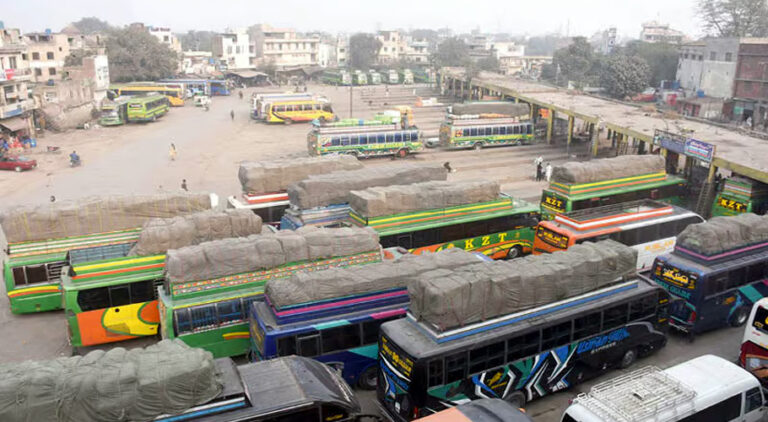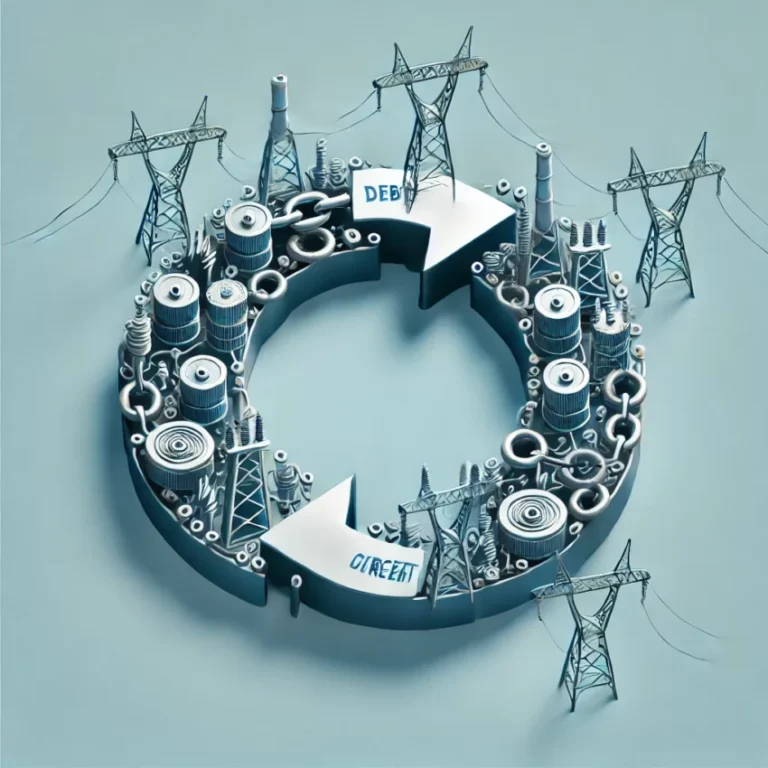Climate Change and Its Impact on Pakistan
Climate change is a big problem for Pakistan. It\’s affecting the environment, economy, and society in many ways. As the world gets hotter and weather becomes more unpredictable. Pakistan is facing serious problems like extreme weather, not enough water. changes in farming, and threats to plants and animals. These issues are putting the lives and jobs of millions of people at risk. They making existing problems worse. So, it\’s really important for Pakistan to understand what\’s happening because of climate change and come up with good plans to deal with it. This will help Pakistan grow in a way that lasts and keeps people safe, even as the climate keeps changing.
In our village, we\’ve always relied on our ancestors\’ wisdom to handle extreme weather. Muhammad Kareem says, a 55-year-old from Shikarpur, a village hit hard by the floods in August 2022. \”But now,\” he says, \”we don\’t know what to do about the floods that come every year. My house is destroyed, my animals drowned, and our crops are ruined.\”
Kareem isn\’t the only one facing this problem. Many people across Pakistan are in the same situation. Climate-related disasters are happening more often and are worse than what our traditional knowledge can handle.
After the floods in August 2022, a report called the \’Post Disaster Needs Assessment\’ was released in October 2022. It showed how much damage the floods caused and how they\’re linked to climate change caused by humans.
The floods, made worse by a 1.2-degree Celsius rise in global temperatures. Other factors like melting glaciers and changes in how land is used, caused huge damage. The estimated cost to fix everything is around Rs3.2 trillion (USD 14.9 billion). We need another Rs3.5 trillion (USD 16.3 billion) to recover.
\”Pakistan faces an important choice: either adapt to climate change or face the consequences. But by making good policies. Pakistan can not only reduce the effects of climate change. but also bring in investments and make trade better.\”
The floods hit sectors like housing, agriculture, and transport hard. They caused about Rs1.2 trillion (USD 5.6 billion) in damage to housing, Rs800 billion (USD 3.7 billion) to agriculture, and Rs701 billion (USD 3.3 billion) to transport and communications. About half of these losses can be linked to long-term climate change. They showing need for a careful approach to who is responsible.
While countries like America and Canada have promised some money to help. Like USD 50 million and USD 5 million. It\’s not enough compared to the losses. This shows why we need to rethink global agreements, so countries that caused more climate change pay more to fix it.
Looking at how much carbon dioxide different countries have put into the air over time. It\’s clear that countries like Pakistan, which didn\’t produce much of it, are facing big problems because of climate change.
As climate disasters happen more often and get worse, more people are asking for climate justice. They want it to be fairer, with everyone sharing the responsibility and the resources to deal with climate change and make society stronger.
Pakistan\’s Efforts
Pakistan is making laws and rules to deal with climate change, even though it doesn\’t make much pollution compared to other countries. These laws include acts of parliament and other rules.
One important law is the Pakistan Climate Change Act of 2017. It created the Pakistan Climate Change Council and says we should protect resources affected by climate change. Another law, the Global Change Impact Studies Centre Act of 2013, made the Global Change Impact Studies Centre to study climate change and teach people about it.
There\’s also the Pakistan Environment Protection Act of 1997, which shows Pakistan\’s commitment to making the environment better and managing pollution. It helped make funds for sustainable development in provinces and the Pakistan Environment Protection Authority.
Pakistan also has plans, like the National Climate Change Policy. To deal with climate change, especially in places like farms and forests. There are rules too, like ones about pollution and wildlife, and limits on using plastic.
But we haven\’t seen how much these laws and rules help people yet. We\’ll only know how good they are when the next big disaster happens.
Pakistan\’s courts are also helping with climate change. Important cases have said everyone has the right to a clean environment and made sure climate change rules are followed. They even made a commission to deal with climate change.
Pakistan is also starting to follow rules about environmental, social, and governance (ESG) issues. These rules help companies be responsible for how they affect the environment and society. It\’s important that everyone follows these rules and is honest about it.
\”Pakistan has been working hard since 2013 to deal with problems like expensive fuel, relying too much on imports, and old infrastructure. One big focus is switching to renewable energy, like wind and solar power. This will help Pakistan have different ways to make energy and produce less pollution. Pakistan also wants to cut its pollution in half by 2030. This shows how important it is to have good plans and policies to reach goals and make things better for the environment.\”
Navigating Roadblocks
Pakistan is not doing well in following rules about environmental, social, and governance (ESG) issues, as shown by global rankings like the World Bank\’s ESG data portal, where it\’s ranked 161st. This means Pakistan needs to work harder to manage risks better.
The Securities and Exchange Commission of Pakistan (SECP) and the State Bank of Pakistan (SBP) have made rules to help banks and financial companies do things in a more sustainable way. They want to make sure these companies think about the environment and society when they do business.
Also, there are guidelines called Green Banking that say banks should think about the environment when they work. This matches what other countries are doing to use less pollution.
Pakistan is also trying to use more renewable energy, like wind and solar power, to make less pollution. This is important because it can help Pakistan use different ways to make energy and reduce pollution. Pakistan has promised to cut its pollution in half by 2030, which shows how serious it is about making things better for the environment.
Another study found that using more renewable energy and new technology can help Pakistan grow its economy and make less pollution. But there are still problems, like old technology and changes in oil prices, that need to be thought about.
Not only renewable energy, but Pakistan\’s textile and fashion industry is also trying to follow new rules and government policies to be more sustainable. This industry is important for Pakistan\’s economy, but it has problems like bad working conditions, human rights issues, and pollution.
Even though there are still problems with following rules and protecting the environment in Pakistan, focusing on sustainability can help Pakistan grow, be more creative, and compete better in the world. This will also help make things better for people and the environment in the long run.
\”Pakistan is focusing on coming up with new ideas to deal with climate change. This is a big moment for the country, because it can help bring in money from other countries and make trade better. Important parts of this plan are things like the National Climate Change Policy and Green Banking Guidelines. Which show that Pakistan wants to develop in a way that\’s good for the environment.\”
How can Pakistan attract climate financing?
A study by the Asian Development Bank (ADB) showed that Pakistan has received the least amount of money for climate projects from the ADB in the last 10 years. The UAE plans to invest $270 billion in green projects by 2030 and wants to help countries like Pakistan with their energy needs. Pakistan needs $7 billion to $14 billion every year to deal with climate change, according to the ADB.
Pakistan wants to meet its climate goals, including the ones it agreed to in the Paris Agreement. But it needs more money to do that.
Getting this money is crucial for Pakistan. But it\’s not easy. One big problem is that many people don\’t understand what \”climate investment\” means and how it\’s different from regular investment. According to the World Economic Forum, climate investments are ones that help a country grow in a way that\’s good for the climate. These investments focus on projects that don\’t produce a lot of carbon and help countries deal with the effects of climate change.
To get more climate investments, Pakistan needs to tackle four main challenges:
- The country needs to make sure that its Investment Promotion Agency (IPA) is working towards climate goals. This shows that Pakistan is serious about climate change and can help attract investors.
- Pakistan should help local businesses become more sustainable. This will not only make it easier for investors but also show that Pakistan is a good place for green investments.
- The country should make sure that the goals of big international companies match its climate goals. This can help bring in more money for projects that help fight climate change.
- Pakistan should work with other countries to make sure that international investment agreements support climate-friendly projects. This can make it easier for investors to put money into projects that help Pakistan deal with climate change.
Pakistan got $200 million for climate projects from the Green Climate Fund (GCF). This shows that Pakistan can attract global funding for climate projects. But more needs to be done.
Pakistan also needs to focus on ESG principles. These principles are important because Pakistan is vulnerable to extreme weather and climate-related problems. The government and businesses need to follow rules that help the environment and society. There are already rules in place, like the Green Banking Guidelines and Corporate Social Responsibility Guidelines. But more needs to be done to make sure these rules are followed.
There are also challenges when it comes to trade. Pakistan needs to be careful about losing money in trade, especially in sectors like textiles. Other countries like India, Bangladesh, and Vietnam are also competing in these markets. Pakistan needs to make sure its industries follow ESG rules to stay competitive.
Pakistan needs more investment and better rules to fight climate change and stay competitive in global markets.
Check Also :: The Future of Renewable Energy in Pakistan 2024
Conclution
Climate change is a big problem for Pakistan. It\’s causing more floods, less water, and changes in farming. Pakistan is trying to fix it with laws and policies, but more needs to be done. The government, businesses, and people all need to work together, along with help from other countries. Pakistan make safer from climate change.





